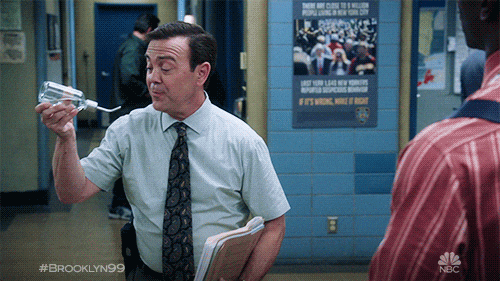Coffee and Cortisol: Maximizing Benefits While Preserving Health
Coffee and Cortisol: Maximizing Benefits While Preserving Health
For many of us, coffee is the welcome companion we rely upon to kick-start our mornings, pull us out of mid-day slumps, or simply serve as a ritualistic comfort. But did you know that coffee's primary active component, caffeine, interacts deeply with our body's cortisol levels? And while coffee in moderation can offer some health benefits, its misuse can negatively impact our longevity, especially if it affects our sleep. Let's dive in!

Coffee and Cortisol: A Dance of Alertness
Cortisol is popularly known as the "stress hormone," but its primary role is much more nuanced. Cortisol helps regulate our body's sleep-wake cycle, metabolism, and response to stress. When cortisol levels are high, we feel alert and awake; conversely, low levels correspond with feelings of relaxation and readiness for sleep.
Enter caffeine. Caffeine intake temporarily boosts cortisol levels, making us feel more awake and alert. However, over time, constant caffeine consumption can desensitize our body to its effects and disrupt our natural cortisol rhythms. This can be particularly harmful if it interferes with our sleep, a vital aspect of our overall health and longevity.

Using Coffee Wisely: Recommendations for Health and Balance
While coffee isn't inherently bad, its impact on cortisol means we need to be intentional about how we incorporate it into our routines. Here are three recommendations to harness the benefits of coffee while mitigating potential harms:
-
Hydrate Before Caffeinating: Before reaching for that cup of java, hydrate your body with 1-2 cups of water infused with lemon-based electrolytes. Doing so not only prepares your body to metabolize the coffee but also ensures that you're starting your day on a hydrated note, given that caffeine can be diuretic. Tip: Try not to drink coffee or any caffeine after 2PM. This will negatively impact your sleep.

-
Timing is Everything: Although many of us are used to having coffee as soon as we wake up, this isn't the optimal time in terms of our body's cortisol production. Our cortisol levels are naturally highest in the morning, just after waking. By waiting 1.5 to 2 hours before consuming caffeine, you can benefit from its cortisol-boosting effects when your natural levels start to dip.

-
Balance with Serotonin-Enriched Foods: Cortisol and caffeine can sometimes cause jitters and heightened stress responses. Counteract this by incorporating foods that boost serotonin, a neurotransmitter that promotes feelings of well-being and happiness. Foods like mushrooms, bananas, acai, oats, sweet potatoes, and goji berries are rich in compounds that promote serotonin production. Pairing these with your coffee can provide a more balanced energy boost.

Coffee, when consumed mindfully, can be a delightful and beneficial part of our daily routine. By understanding the interplay between caffeine and cortisol and making intentional choices about when and how we drink it, we can enjoy the perks of our favorite brew without compromising our long-term health. Cheers to wise caffeine consumption!




